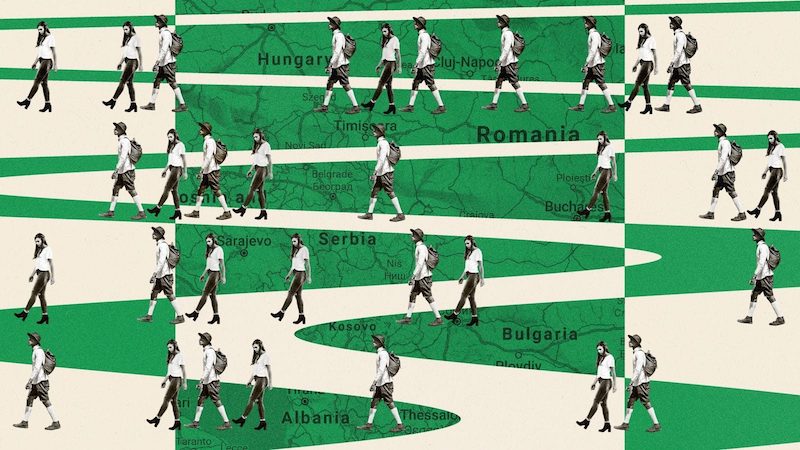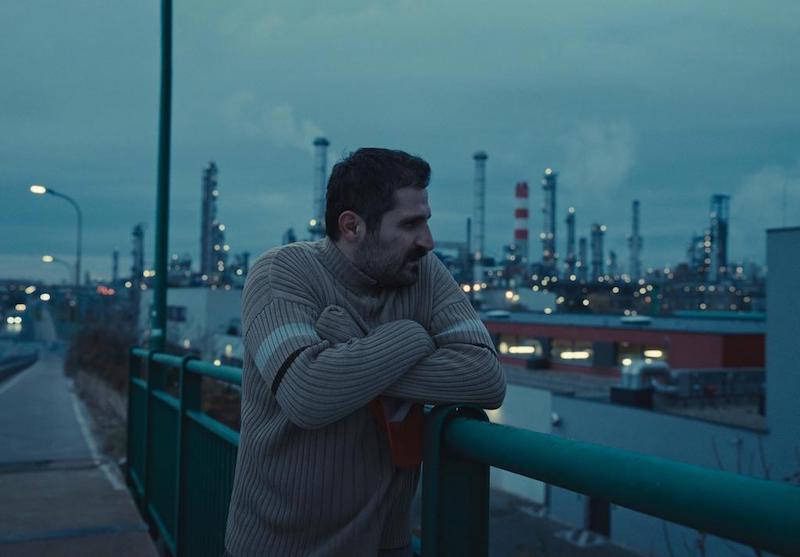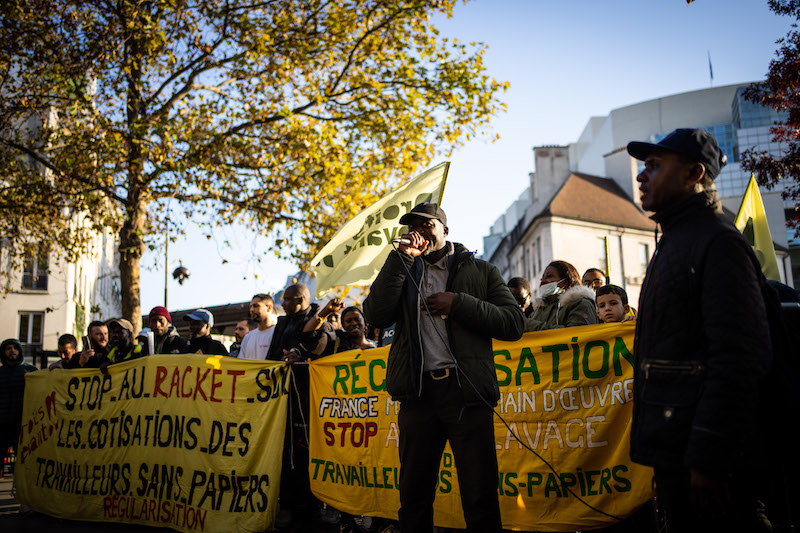Young people are leaving. The population is ageing, and birth rates are declining. There is a chronic lack of workers, as they have been vacuumed out from the region – this is the gloomy picture of the Balkans today.
No wonder few want to stay. With wages a fraction of the EU average, the region is still entangled in border disputes, ethnic quarrels, rampant corruption, unfinished EU and NATO accession (in some states) and the ghosts of the wars of the 1990s.
“People see no future here, so they seek their fortunes in central and western Europe or anywhere else. It’s not only about the money, but above all about the comparatively lower quality of life [at home],” says Ilija Aceski, a professor of sociology in Skopje.
If one believes the projections of the United Nations, the World Bank and the statistical agencies, Bulgaria will have 38% fewer people in 2050 than in 1990. In Serbia, numbers will be down 24%, and North Macedonia and Croatia will see a 22% drop.
Unlike in Germany, France, Poland or even Romania, there is no influx of migrant workers to fill the vacancies. Despite the millions of migrants and refugees from the Middle East who have passed through the region in the last decade, almost no one wanted to stay. Just like the inhabitants of the Balkans, they dream of a life in wealthier countries.
Both the public and private sectors are hit. Everywhere you look, there is a chronic lack of doctors and nurses. The same goes for engineers, plumbers, bricklayers and other skilled professionals.
“It’s a vicious circle,” adds Aceski. “The more people leave, the more the overall quality of life dwindles. And that in turn causes even more people to flee.”
In his opinion, governments have so far offered very few resources and sound plans to stop the exodus.






